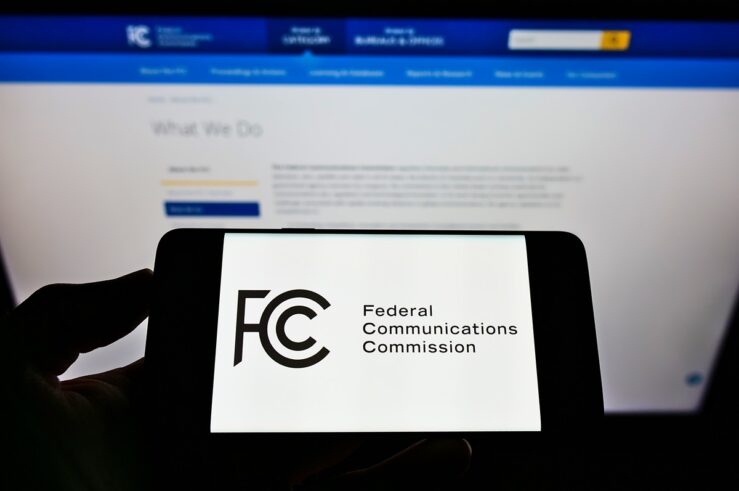This post has two related aspects to it, a personal and a general. First the personal:
![]()
Beginning this summer I will be working for Microsoft — for the time being, anyway, on leave from Lewis & Clark Law School. My official title will be Academic Relations Manager in the legal and government affairs department (the general counsel’s office). Primarily my role will be to foster “intellectual cross-polinization” between legal academics and academic economists on the one hand and Microsoft lawyers, policy makers and technologists on the other. I will be organizing, attending and/or sponsoring conferences, seminars and the like; reviewing and, where appropriate, funding academic research (primarily in antitrust and intellectual property); and generally facilitating the exchange of ideas and information between Microsoft and the legal and economics academies. Frankly, I don’t know yet precisely what I will do with the position, but I look forward to finding out. In particular, I look forward to being in a position to influence (however slightly) the academic research agenda in a practical direction — to help ensure that there is some meaningful overlap between what (an important corner of) industry is doing and what academics think industry is doing. The job doesn’t take me very far from academia, and, like now, a good portion of my job will be reading and assessing the latest literature on topics that I happen to find fascinating anyway. So those of you who write and research in antitrust, intellectual property (and cyberlaw) . . . let me know if you’re working on anything really interesting (now there’s a low bar).
So now the general point:
There has been much discussion recently about new lawprof hires, lateral moves within the legal academy and ancillary matters like US News rankings and ABA governance and tenure in the academy. But I’ve never seen any discussion — systematic or otherwise — about the extent of departures from academia by legal academics. It must happen. It must be the case that some academics have returned to private practice, headed off to make their fortunes in business, or gone to work at foundations or other nonprofits. I do know that there is some movement from academia toward the judiciary, of course. And likewise there is a fair amount of temporary movement from academia into government and back to academia. Let’s leave these folks out. Whom do you know who has left a full-time, tenure or tenure-track legal academic position to work in a law firm or business or government or elsewhere, never to return to academia? And why doesn’t it happen more often?




